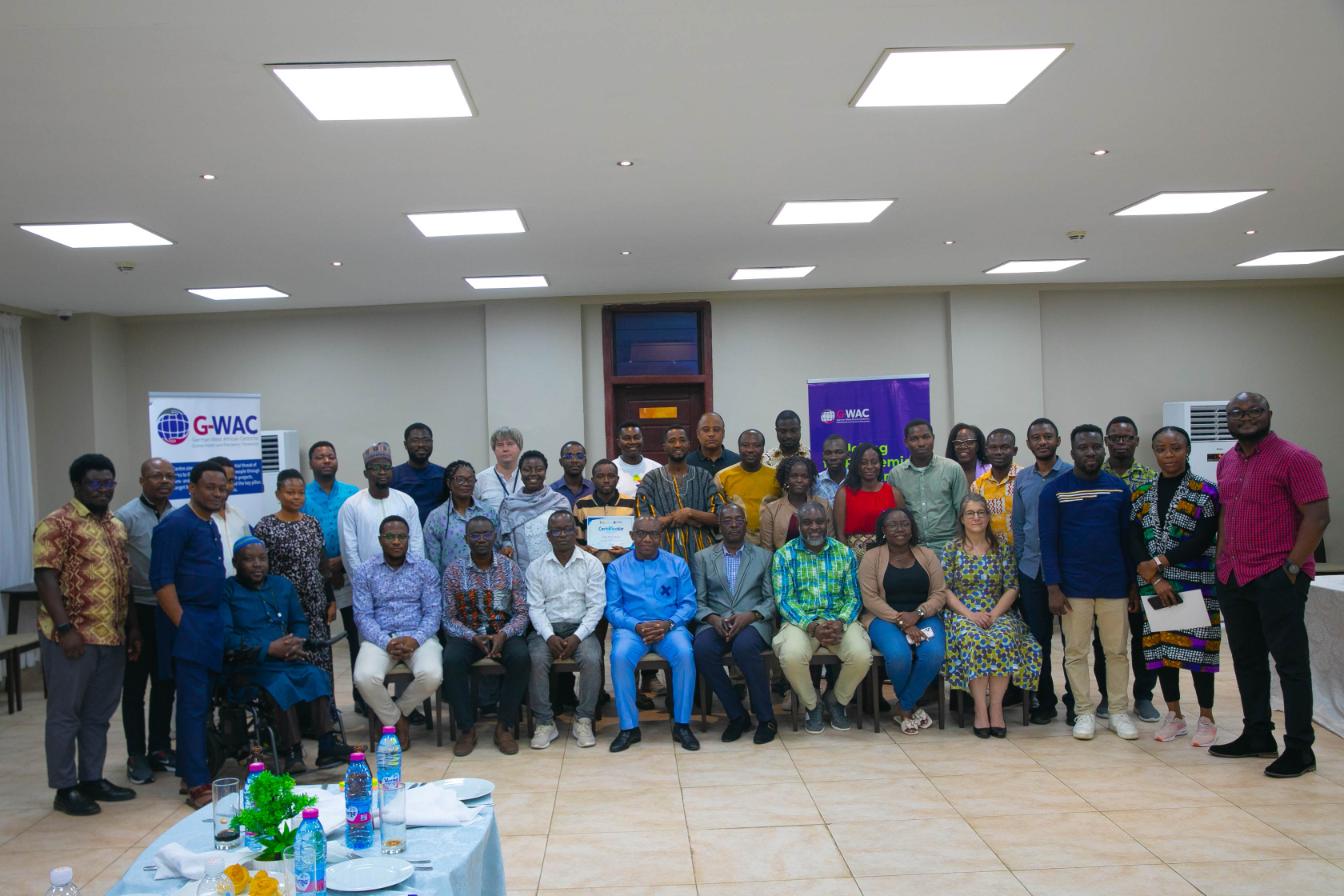Thirty researchers in global health across the West African subregion are receiving training on Modelling for Pandemic Preparedness and Response from the German-West Africa Center for Global Health and Pandemic Prevention (G-WAC) at the Kwame Nkrumah University of Science and Technology (KNUST).
The Director of the German-West Africa Center for Global Health and Pandemic Prevention (G-WAC), Dr. John Amuasi, stated the importance of this training.
“Pandemics are multi-factorial, and many things influence pandemics,” he said. “Therefore, it is important that researchers of pandemics have a broad training in multi-, inter-, and transdisciplinary fields. They need to know who to bring on board to answer questions that will help us either prevent pandemics or build responses appropriately.”
He also noted some expectations for the course.
“The expectation is for participants to take the knowledge they’ve gained to their various countries and institutions and apply it,” he said. “They should be able to understand how pandemics happen, how they progress, and the best way we can prevent the negative outcomes of these outbreaks.”
“This is the beginning of something we think will blossom continent-wide,” he added. “In order to have health professionals who appreciate modeling and can at least conduct basic modeling, we need to provide critical information that modelers will need to develop and utilize models that will be useful in pandemic prevention.”
This short course provides transdisciplinary education and training while fostering networking and collaboration for global health researchers.
Provost of the College of Health Sciences at KNUST, Professor Christian Agyare, believes the training will help the continent be better prepared for pandemics.
“I believe now, with what we’ve achieved in nearly four years, the continent will be better prepared to face any pandemic compared to COVID-19,” he said. “I believe the center (G-WAC) is working towards its mandate and hopes to expand the program and then the participants who come from all over the continent will have the skills and knowledge required to help in global health and pandemic prevention.”
The course is funded by the German Academic Exchange Service (DAAD)

